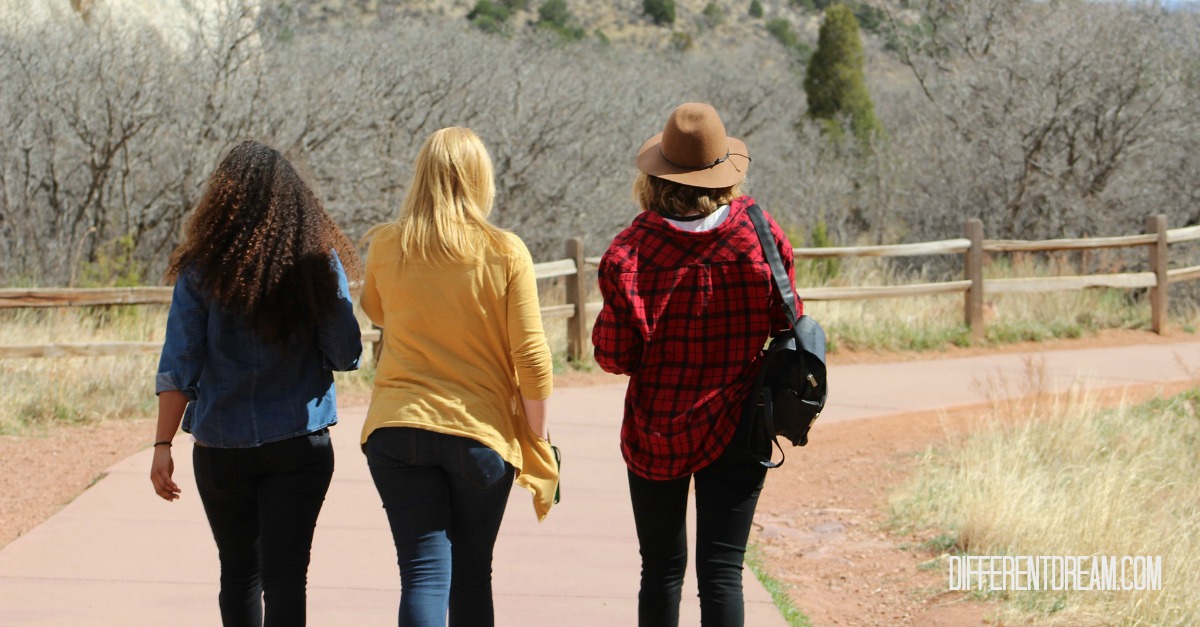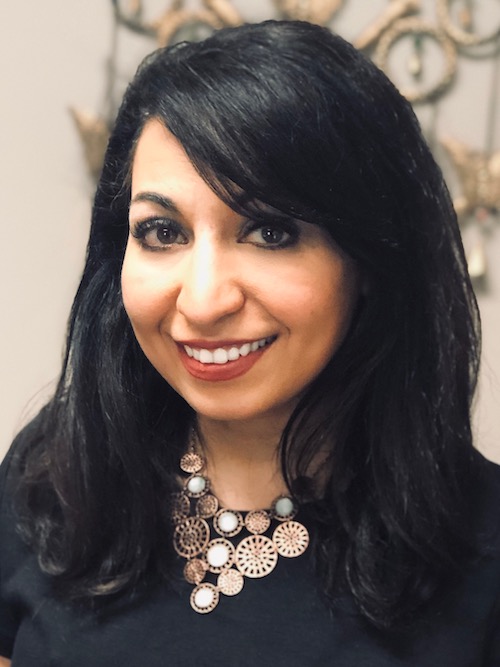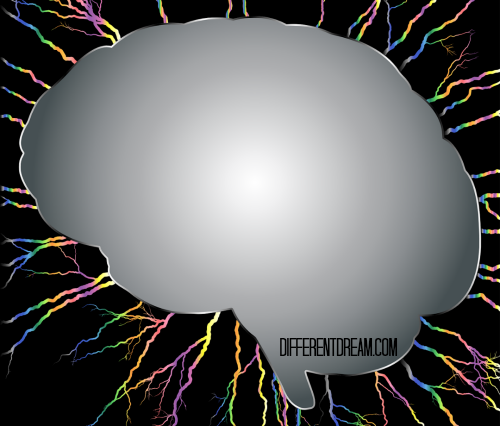Explaining Secondary PTSD and Stress to Others, Pt. 6

Hello, friend! It’s so nice to see you here at Different Dream. You’re just in time to to check out the latest post in our ongoing question and answer series about special needs parenting stress, trauma, and PTSD. Here’s a quick recap of what’s been covered so far. The first post introduced the series, while the second explained the difference between trauma and PTSD. The third post answered two question: Can the stress of raising a child with PTSD result in a parent with PTSD? What other kinds of parenting trauma can lead to PTSD? In the fourth post, child psychologist Liz Matheis explained how hypervigilance can be both a cause and a symptom of PTSD in stressed-out parents of kids with special needs. Post number five offered excellent advice from Dr. Matheis about tools or coping mechanisms to use when anxiety build or when something triggers memories of traumatic events.
Today’s question deals with an issue most parents of children with special needs wonder about at some time or another: What is an easy way to explain secondary PTSD to family and friends who think that it’s something that only people in the military suffer from? Here’s what Matheis suggests.
PTSD is not solely a condition for our soldiers and veterans. Trauma does not necessarily only involve war. This is a hard concept to explain to someone who does not understand the stress of raising a child with special needs. Remember that you are not obligated to convince others, so please don’t feel the burden of explaining with great detail or become discouraged if another person doesn’t fully get your experience. No one knows until they’re in that stressful and traumatized place.
If someone expresses that PTSD does not affect parents of children with special needs, but only those who are ‘truly’ traumatized, kindly explain that PTSD comes from an especially traumatizing experience that an individual has had. Due to the fact that we are all different and have different tolerances, what one person experiences as highly stressful, another person may experience at a medium level. PTSD also involves chronic stress, distress, and fear of the environment and how it may impact your child, your family, or you as the parent. The triggers often come unannounced and leave you feeling helpless.
The next step is to politely end the conversation and excuse yourself. Please don’t feel the need to share all of your experiences in an effort to ‘validate’ your diagnosis. This may actually cause re-traumatization in which you will now be left with a flood of emotions that you may not be able to manage by yourself.
I am going to take a moment to validate you now – you are working hard to take care of yourself and your family. Know that others will not always understand. They may sympathize, but they can’t empathize. You are doing great and you will be okay!
Your Questions about How to Explain Secondary PTSD
Do you have questions about what Dr. Matheis said? Or have you come up with a way to explain secondary PTSD that you’d be willing to share with us? If so, you’re invited to share questions and ideas in the comment box.
Do you like what you see at DifferentDream.com? You can receive more great content by subscribing to the quarterly Different Dream newsletter and signing up for the daily RSS feed delivered to your email inbox. You can sign up for the first in the pop up box and the second at the bottom of this page.

By Liz Matheis
Dr. Liz Matheis is a clinical psychologist and school psychologist in Parsippany, NJ. She offers support, assessments, and advocacy for children who are managing Autism Spectrum Disorders, ADHD, learning disabilities, and behavioral difficulties, as well as their families. She is also a contributor to several popular magazines. Visit www.psychedconsult.com for more information.
Subscribe for Updates from Jolene
Related Posts
Inside Out Special Needs Parenting, Part 2: Brain Basics
This post in the Inside Out Special Needs Parenting series takes a look at brain basics to explain why kids can push our buttons.
Special Needs Parenting Stress and Medication
Sometimes will power alone can’t cure special needs parenting stress. Guest blogger Sheri Dacon explains when she realized medication had to be part of her healing.
Myths about PTSD in Children, Part 1
5 myths about PTSD in children is explained in the third episode of Jolene Philo’s video series for Rising Above Ministries and Jolene Philo.






0 Comments